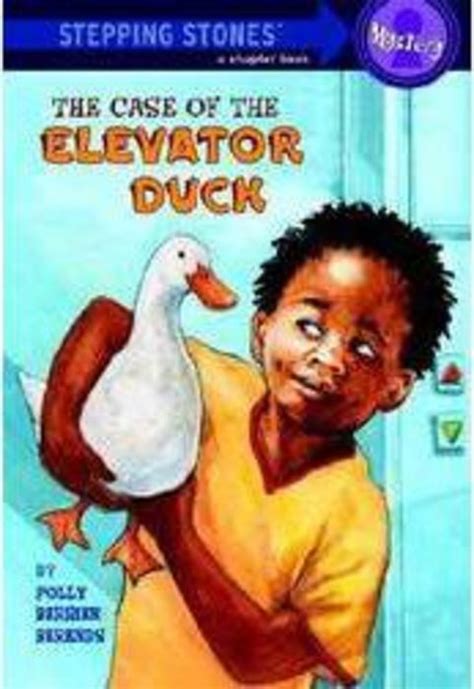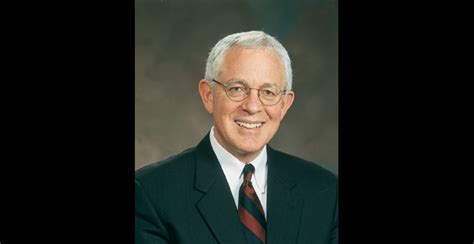A Quote by Polly Berrien Berends
Awareness of having better things to do with their lives is the secret to immunizing our children against false values--whether presented on television or in "real life." The child who finds fulfillment in music or reading or cooking or swimming or writing or drawing is not as easily convinced that he needs recognition or power or some "high" to feel worthwhile.
Quote Topics
Against
Awareness
Better
Better Things
Better Things To Do
Child
Children
Convinced
Cooking
Drawing
Easily
False
Feel
Finds
Fulfillment
Having
High
Life
Lives
Music
Needs
Our
Our Children
Power
Presented
Reading
Real
Real Life
Recognition
Secret
Some
Swimming
Television
Things
Things To Do
Values
Whether
Worthwhile
Writing
Related Quotes
Our chaotic economic situation has convinced so many of our young people that there is no room for them. They become uncertain andrestless and morbid; they grab at false promises, embrace false gods and judge things by treacherous values. Their insecurity makes them believe that tomorrow doesn't matter and the ineffectualness of their lives makes them deny the ideals which we of an older generation acknowledged.
I believe there is no part of our lives, our adult as well as child life, when we're not fantasizing, but we prefer to relegate fantasy to children, as though it were some tomfoolery only fit for the immature minds of the young. Children do live in fantasy and reality; they move back and forth very easily in a way we no longer remember how to do.
For even satire is a form of sympathy. It is the way our sympathy flows and recoils that really determines our lives. And here lies the vast importance of the novel, properly handled. It can inform and lead into new places our sympathy away in recoil from things gone dead. Therefore the novel, properly handled, can reveal the most secret places of life: for it is the passional secret places of life, above all, that the tide of sensitive awareness needs to ebb and flow, cleansing and freshening.
Going for constant growth is not actually delivering a decent standard of living and the prospect of your children having a better life than you do. That is the key thing that politics needs to deliver: a better life for your children. That's why people are taking their lives in their hands and crossing the Mediterranean and the English Channel.
Like so much of what is worthwhile in life, our needs for friendship are often best met in the home. If our children feel friendship within the family, with each other, and with parents, they will not be desperate for acceptance outside the family. I think one of life’s most satisfying accomplishments for my wife and me is to have lived long enough to see our children become good friends.
We start off with high hopes, then we bottle it. We realise that we’re all going to die, without really finding out the big answers. We develop all those long-winded ideas which just interpret the reality of our lives in different ways, without really extending our body of worthwhile knowledge, about the big things, the real things. Basically, we live a short disappointing life; and then we die. We fill up our lives with shite, things like careers and relationships to delude ourselves that it isn’t all totally pointless.
The real you is still a little child who never grew up. Sometimes that little child comes out when you are having fun or playing, when you feel happy, when you are painting, or writing poetry, or playing the piano, or expressing yourself in some way. These are the happiest moments of your life - when the real you comes out, when you don't care about the past and you don't worry about the future. You are childlike.
A mother should have some fantasy about her child's future. It will increase her interest in the child, for one thing. To turn the fantasy into a program to make the child fly an airplane across the country, for example, isn't the point. That's the fulfillment of the parent's own dreams. That's different. Having a fantasy - which the child will either seek to fulfill or rebel against furiously - at least gives a child some expectation to meet or reject.
All children are heartless. They have not grown a heart yet, which is why they can climb tall trees and say shocking things and leap so very high that grown-up hearts flutter in terror. Hearts weigh quite a lot. That is why it takes so long to grow one. But, as in their reading and arithmetic and drawing, different children proceed at different speeds. (It is well known that reading quickens the growth of a heart like nothing else.) Some small ones are terrible and fey, Utterly Heartless. Some are dear and sweet and Hardly Heartless at all.


































